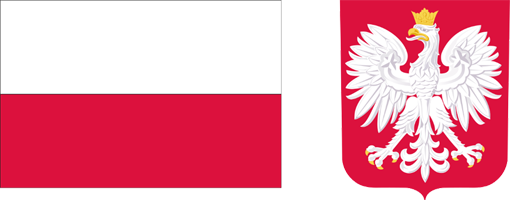Bieżący numer
Archiwum
O czasopiśmie
Cele i Zakres
Rada programowa
Członkowie kolegium redakcyjnego
Lista recenzentów
Proces wydawniczy
Zasady etyki wydawniczej
Licencja Creative Commons
Ochrona danych osobowych (RODO)
Członek CrossRef Member / Antyplagiat Similarity Check
Dla Autorów
Wytyczne dla autorów
Zgłoszenie artykułu przez panel redakcyjny – krok po kroku
Dla Recenzentów
Proces recenzji
Wytyczne dla recenzentów
Wysyłanie recenzji – krok po kroku
Kontakt
PRACA ORYGINALNA
ECONOMIC RELATIONS IN EUROPEAN FOOD CHAINS
1
Institute of Agricultural and Food Economics – National Research Institute Warsaw
Data akceptacji: 21-03-2010
Data publikacji: 21-03-2010
Zagadnienia Ekonomiki Rolnej / Problems of Agricultural Economics 2010;322 (Suplement)(1):122-139
SŁOWA KLUCZOWE
STRESZCZENIE
The study presents an analysis of factors influencing the selection, strengthening and consolidation of good economic relations in the European food chains. Four basic types of economic relations have been established, taking the form of transactions and type of management as the main criteria. These include: spot markets, repeated market transactions with the same supplier-recipient, formal written contracts and financial participation. Empirical material has been gathered in the form of questionnaires in 13 European food chains located in 6 EU Member States: Germany, Ireland, Great Britain, Finland, Spain and Poland.
Among the examined States, formal relations are most common in Finland and Spain; least common: between farmers processing plants in Ireland.
Among the examined food chains most formalised relations are in the beer chain (mainly between processing plants and retail sellers) and pork chain (farmer-processing plant). Chains involving bakery and beef show significantly lower level of formalised relations.
The results of the study indicate that the main factors determining the quality of relations between the participants of examined food chains cover: good communication, personal connections and even distribution of competitive power between business partners of the chain. Also the dependence of quality and sustainability of economic relations on the type of product, country and location of the partners in the chain (level) has been identified. No significant dependence of the nature of economic relations against the type of business connection and level of their formalisation has been identified.
Udostępnij
ARTYKUŁ POWIĄZANY
Przetwarzamy dane osobowe zbierane podczas odwiedzania serwisu. Realizacja funkcji pozyskiwania informacji o użytkownikach i ich zachowaniu odbywa się poprzez dobrowolnie wprowadzone w formularzach informacje oraz zapisywanie w urządzeniach końcowych plików cookies (tzw. ciasteczka). Dane, w tym pliki cookies, wykorzystywane są w celu realizacji usług, zapewnienia wygodnego korzystania ze strony oraz w celu monitorowania ruchu zgodnie z Polityką prywatności. Dane są także zbierane i przetwarzane przez narzędzie Google Analytics (więcej).
Możesz zmienić ustawienia cookies w swojej przeglądarce. Ograniczenie stosowania plików cookies w konfiguracji przeglądarki może wpłynąć na niektóre funkcjonalności dostępne na stronie.
Możesz zmienić ustawienia cookies w swojej przeglądarce. Ograniczenie stosowania plików cookies w konfiguracji przeglądarki może wpłynąć na niektóre funkcjonalności dostępne na stronie.



